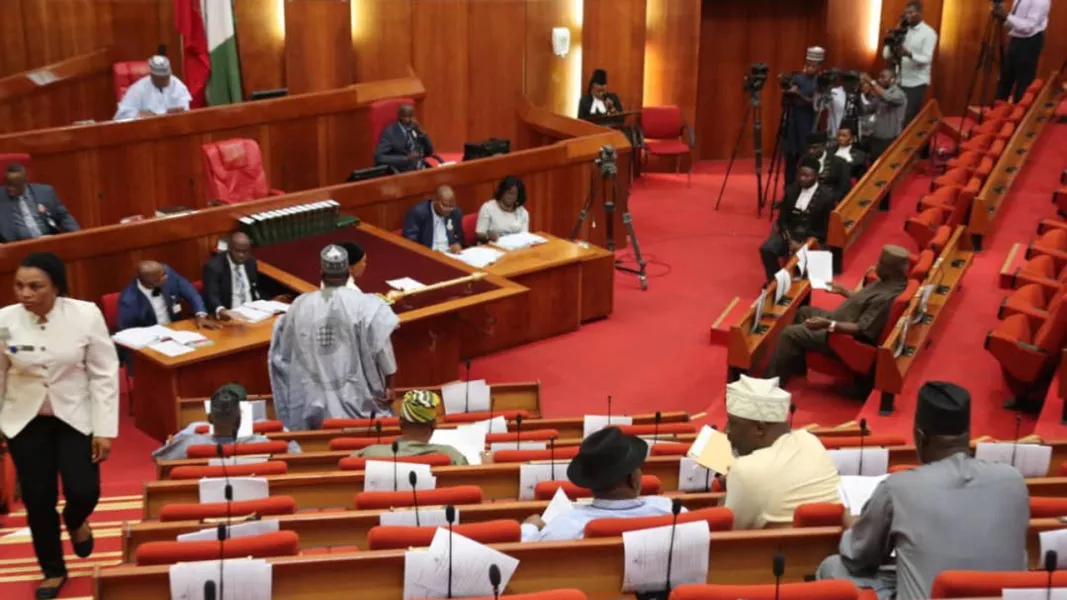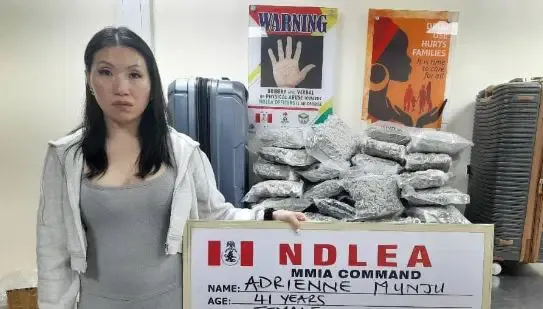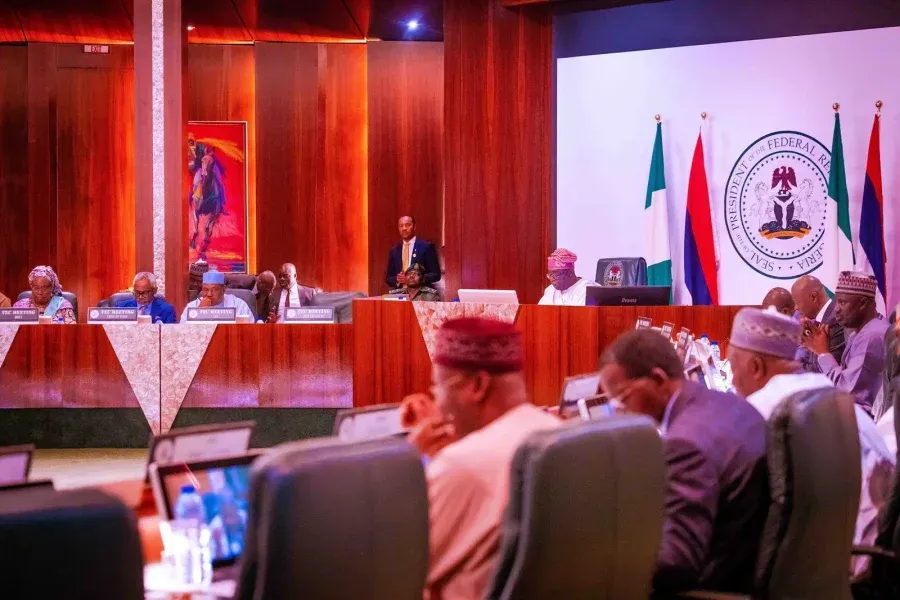The leadership of the National Assembly has expressed deep concern over the escalating insecurity plaguing Nigeria, including rampant crimes, banditry, and kidnappings. In response to the dire situation, the National Assembly, particularly the Senate, has announced plans to urgently convene a meeting with President Bola Tinubu to address the pressing security challenges facing the nation.
The decision to seek an audience with President Tinubu was spurred by the recent tragic events in Benue State, where over 50 people lost their lives in fresh attacks by suspected terrorists. The Senate deemed the attacks as disturbing, unfortunate, and saddening, emphasizing the urgent need for decisive action to quell the wave of violence sweeping across the country.
Senator Emmanuel Udende, representing Benue North East, highlighted the gravity of the situation during a session at the Senate. He lamented the loss of lives and property in the affected communities, underscoring the harrowing experiences of residents who have become targets of armed terrorist herdsmen. Despite previous resolutions and public outcry, little progress has been made in addressing the criminal activities of these perpetrators.
The proposed meeting with President Tinubu aims to explore lasting solutions to the pervasive insecurity gripping the nation. The National Assembly intends to apprise the President of the outcomes of security summits held in previous assemblies and present recent resolutions reached in engagements with security chiefs.
Senator Osita Ngwu of Enugu West advocated for political or cultural solutions to address the security crisis, emphasizing the importance of seeking alternative approaches. Meanwhile, Senator Adamu Aliero of Kebbi Central expressed frustration over the lack of tangible results despite substantial budgetary allocations to security agencies.
Former Senate President Ahmad Lawan, now Chairman of the Senate Committee on Defence, urged the National Assembly leadership to hold President Tinubu accountable for ensuring efficient service delivery by security agencies. He emphasized the critical role of local communities in addressing security challenges, advocating for strengthened grassroots initiatives.





